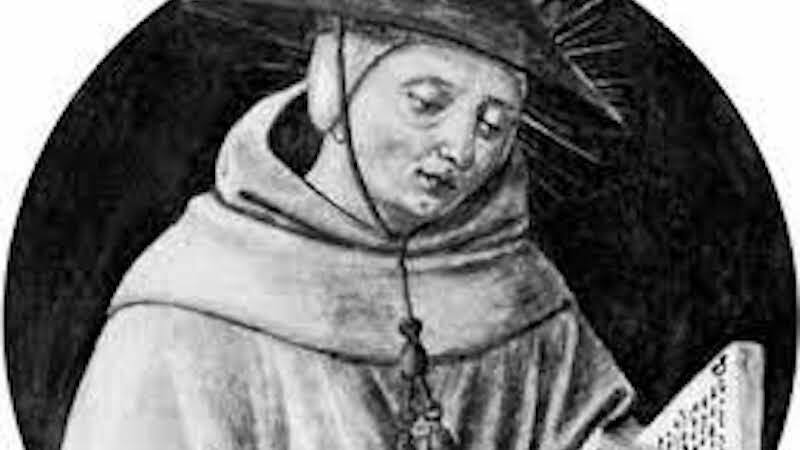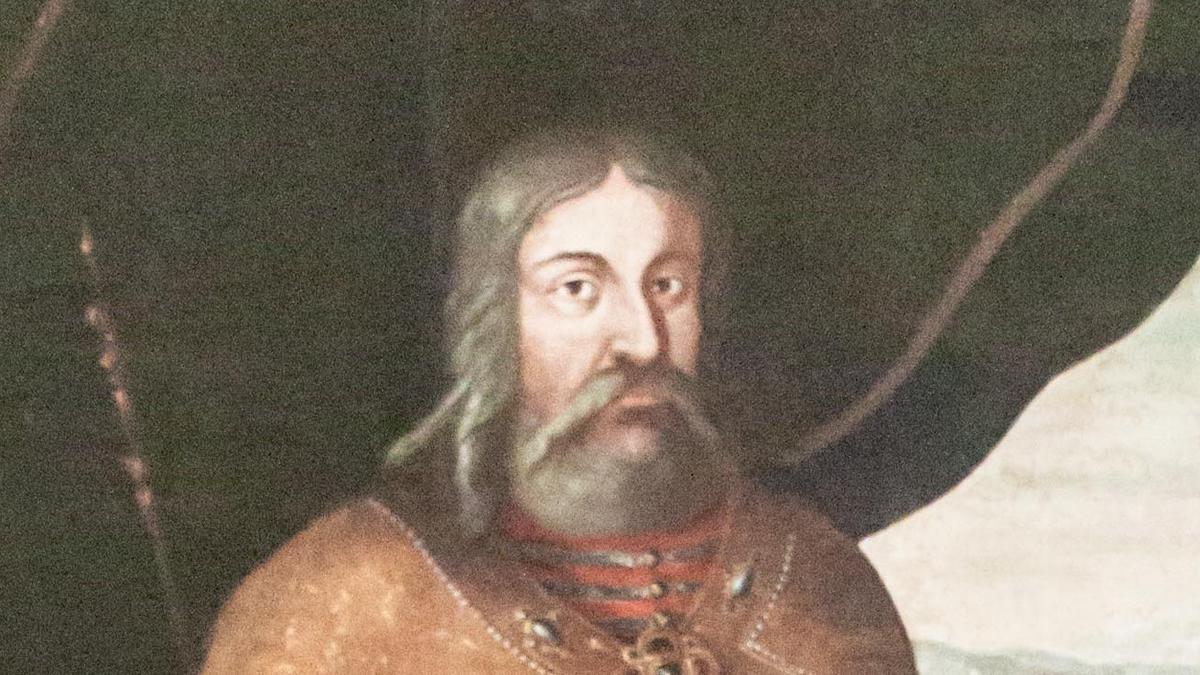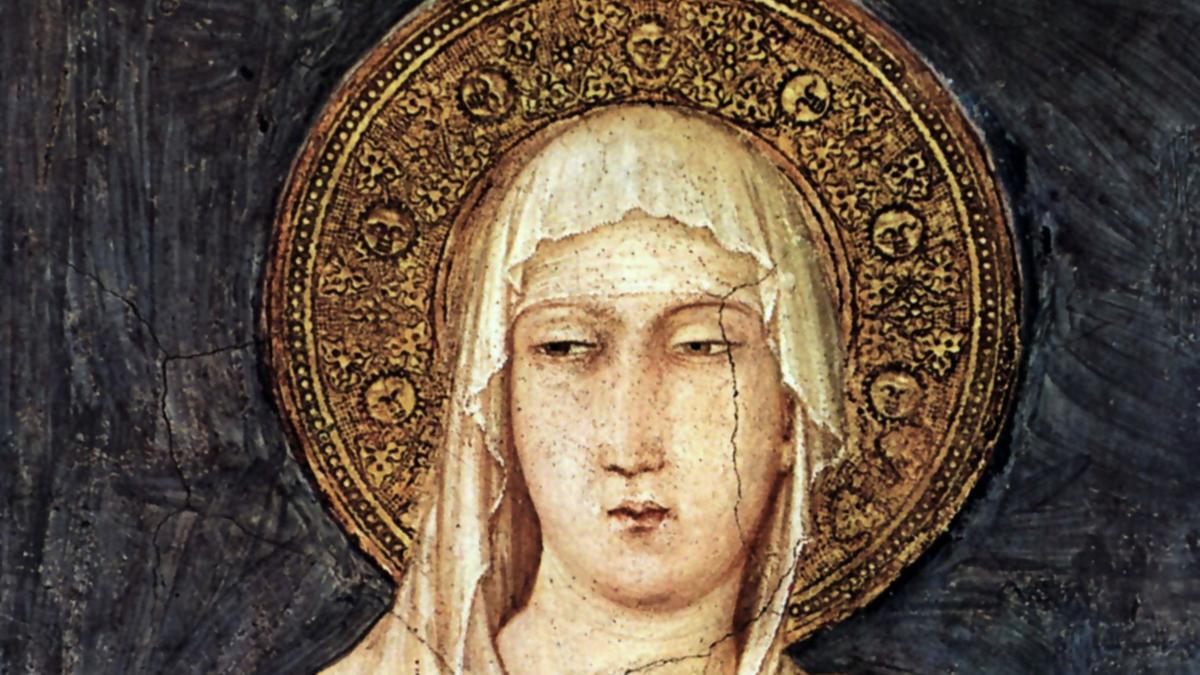
St. Bonaventure | britannica.com
The Diocese of Winona-Rochester’s Bishop-elect Robert Barron recognized the feast day of St. Bonaventure recently.
“St. Bonaventure, pray for us!” Barron tweeted.
St. Bonaventure was born in 1217 in Bagnoregio. He was quite ill as a child, but his religious beliefs were reinforced after he recovered. He credited the intercession of St. Francis of Assisi with his recovery, according to Britannica.
St. Bonaventure studied at the University of Paris, then joined the Franciscan order. He considered the pursuit of truth a form of divine worship and a path to the love of God, Britannica continues.
He studied, wrote and taught extensively. Pope Gregory X appointed Bonaventure to serve as the Cardinal Bishop of Albano, Italy, in 1273. Bonaventure passed away in on July 15, 1274, and Catholics today celebrate his feast day each year on the anniversary of his passing. Pope Sixtus V declared Bonaventure a Doctor of the Church in 1587.
A pope can bestow the “Doctor of the Church” title on a person who has made significant and lasting contributions to the church, according to Crossroads Initiative. In the Catholic Church’s long history, only 37 people have been granted this title.
Crossroads Initiative lists three requirements to being considered for the title: “holiness that is truly outstanding, even among saints”; “depth of doctrinal insight”; and “an extensive body of writings which the church can recommend as an expression of the authentic and life-giving Catholic Tradition.”
St. Bonaventure University in New York was founded by Italian friars who came to America to establish a Franciscan university, the university's website says. The school was dedicated on the Feast of St. Francis in 1858. It was named after St. Bonaventure because he is the patron saint of Franciscan studies and learning.
In the early 1900s, the college became the home of the School of Franciscan Studies, as well as the Franciscan Institute, the website says.






 Alerts Sign-up
Alerts Sign-up